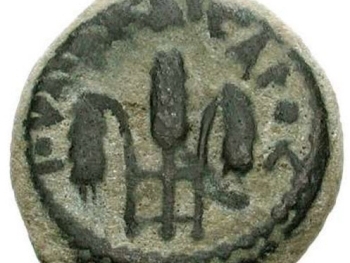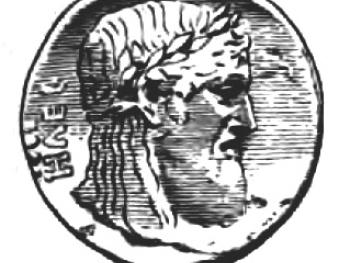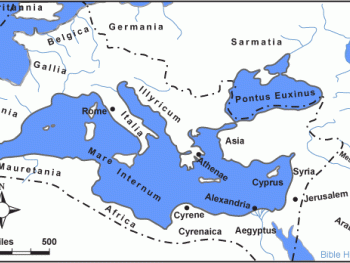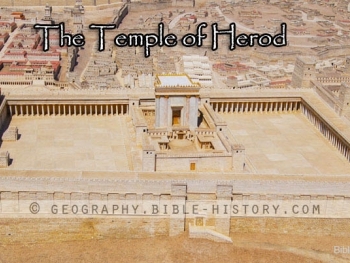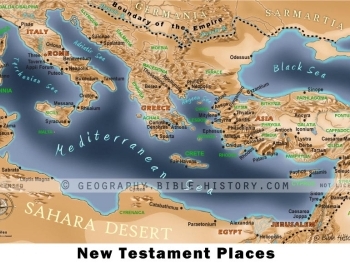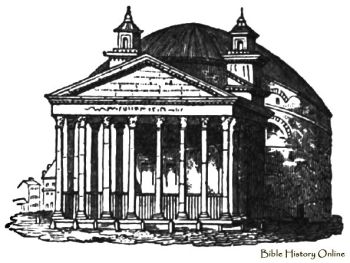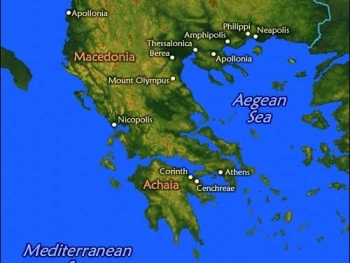The ancient Romans were remarkable engineers when it came to managing water supply and sewage systems. They developed sophisticated systems that provided clean water for public use and efficiently removed wastewater from cities.
Water Supply:
- Aqueducts: Romans constructed elaborate aqueducts, which were impressive structures designed to transport water from distant sources to the cities. These aqueducts used gravity to channel water through a series of arches and canals, ensuring a steady supply of clean water to public fountains, baths, and private households.
- Reservoirs and Cisterns: The Romans built reservoirs and cisterns to store and distribute water. These structures collected and stored rainwater, which could then be distributed to the population during times of water shortage or drought.
- Public Fountains: The Romans erected numerous public fountains throughout their cities, which provided accessible sources of clean water for citizens to use for drinking, washing, and other domestic needs.
Sewage Systems:
- Sewers: The Romans developed an extensive network of underground sewers known as cloacae. These sewers carried wastewater and sewage away from populated areas, utilizing gravity flow to transport it to nearby rivers or bodies of water.
- Drainage Systems: Romans constructed drainage systems, including surface drains and gutters, to efficiently manage stormwater and prevent flooding in urban areas. These systems helped to divert rainwater and excess water from streets and buildings, ensuring proper drainage and reducing the risk of water-related damage.
- Public and Private Toilets: Romans had a well-organized system of public and private toilets. Public latrines were connected to the sewer system, allowing for the efficient disposal of human waste. Wealthier households often had private indoor toilets that were also connected to the sewer network.
The Romans' advanced water supply and sewage systems demonstrated their engineering prowess and contributed to the overall cleanliness and health of their cities. These innovations in infrastructure and sanitation were influential in shaping subsequent civilizations' approaches to water management and public health.
